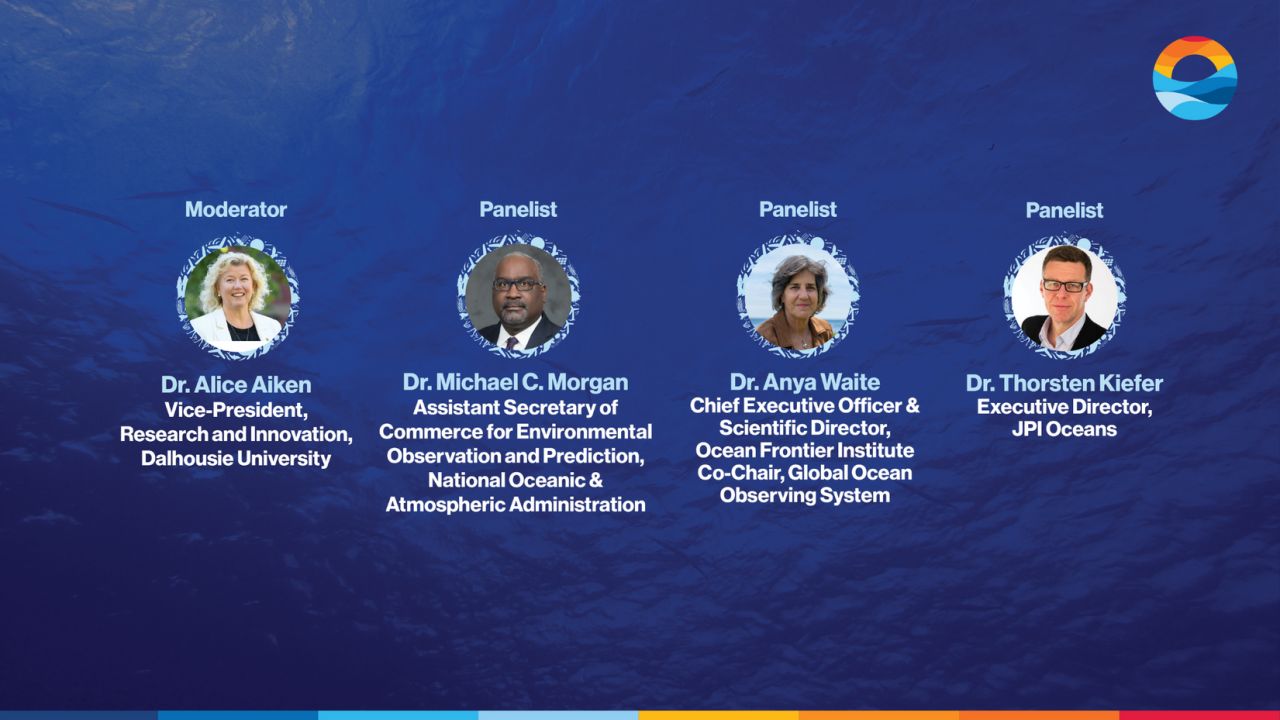The Climate COPs have traditionally not been a primary playing field for JPI Oceans. However, the COP28 in Dubai, i.e. the 28th United Nations Climate Change Conference of the Parties, was worth making an exception. More than at any previous COP, the ocean had a strong appearance, with a dedicated Ocean Pavilion, a formal Ocean Day, and ocean references in the Global Stocktake and Global Goal on Adaptation documents.
An abbreviation that echoed a lot from the walls of COP was mCDR. Standing for marine Carbon Dioxide Removal, the idea of stimulating the ocean with different techniques to take up and store away more CO2 from the atmosphere is now being discussed as a measure that needs to be looked into, researched, and assessed. Connected with this are discussions on how well we are able to measure and understand carbon fluxes into and out of the ocean to identify whether the ocean’s capacity for CO2 uptake is changing and whether we would at all be able to quantify the efficiency of mCDR.
These questions are also at the heart of the Ocean Carbon Capacities, a Joint Action of JPI Oceans that is supported by an impressive 16 member countries. To that effect, the JPI Oceans Director Thorsten Kiefer participated in conversations about the potential for collaborations to strengthen ocean carbon observation, starting with partners across the North Atlantic. In a panel discussion on ‘Transforming Climate Action’ convened by the Ocean Frontier Institute (OFI) of Dalhousie University in Halifax in the Canada Pavilion, Thorsten discussed with panelists from OFI and the National Oceanic and Atmospheric Administration of the US (NOAA) about whether and how such a trans-Atlantic collaboration could be moved from a good idea to impactful action.
